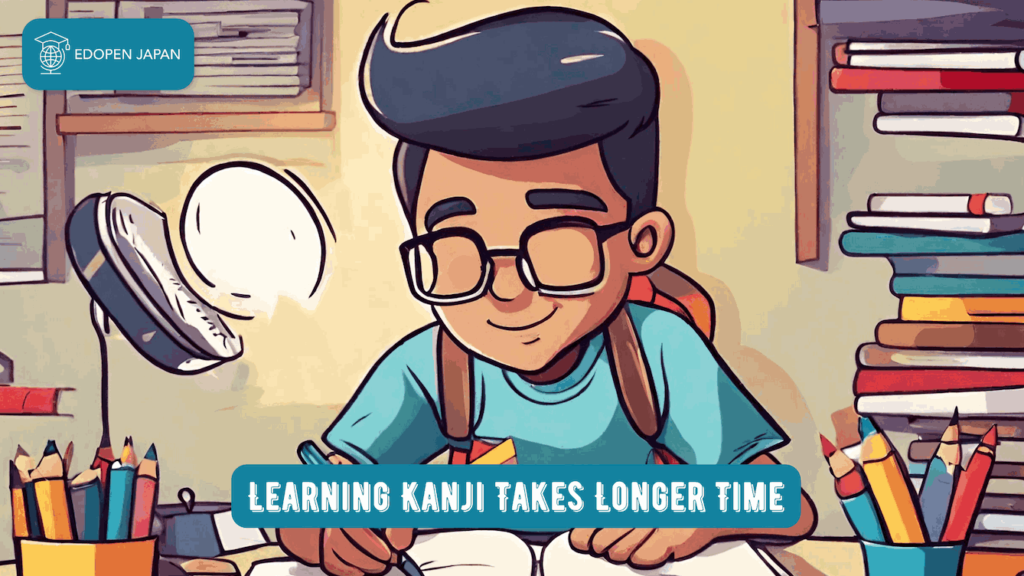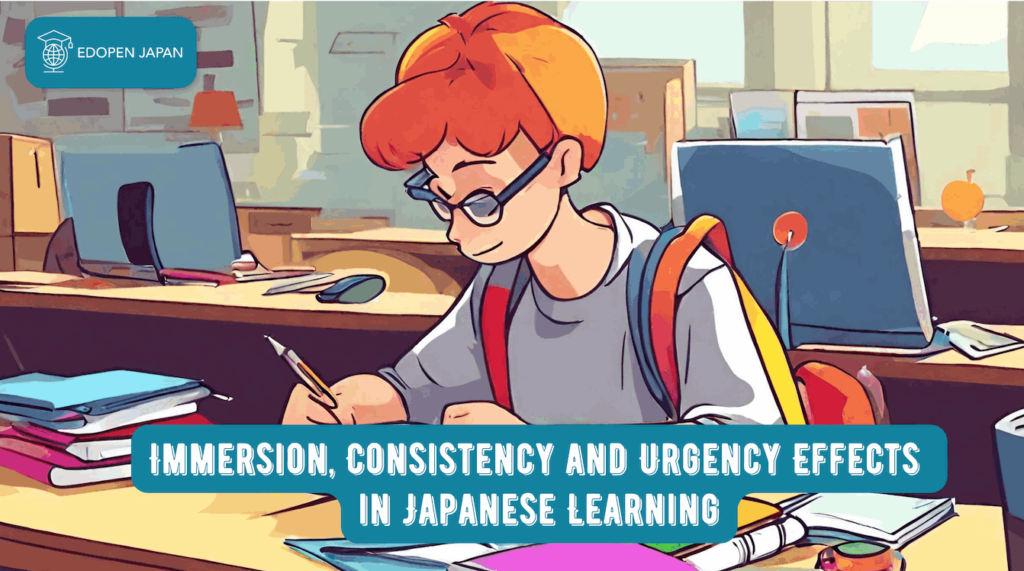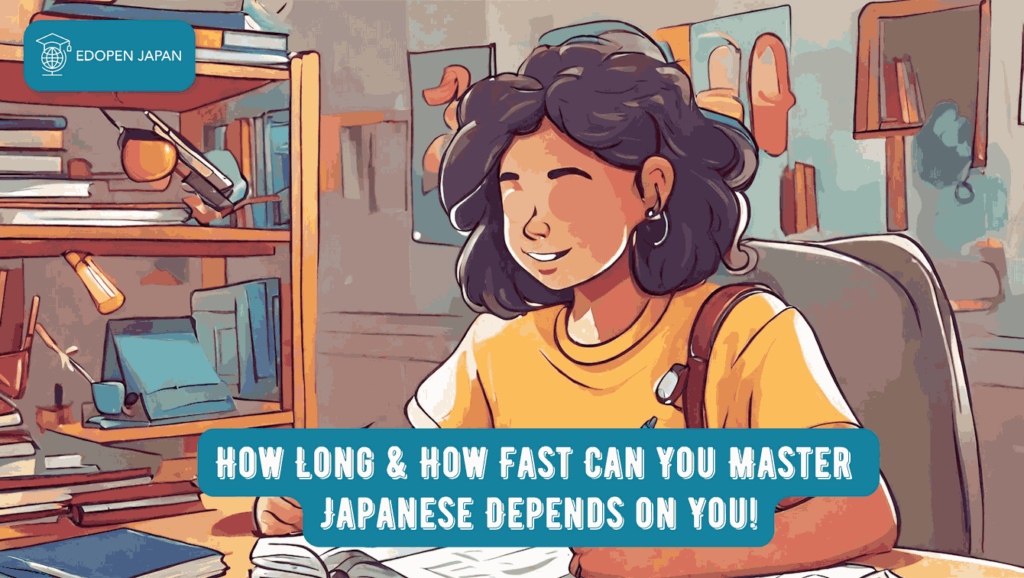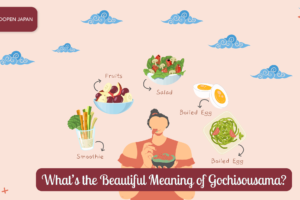How long does it take to learn Japanese? This is a frequently asked question, often prompted by the perception that mastering Japanese requires a significant time investment. That said, there is an average duration that serves as a useful point of reference or benchmark. However, there is no definitive answer as learning times can vary based on individual circumstances. That said, there is an average duration that serves as a useful point of reference or benchmark. That said, there is an average duration that serves as a useful point of reference or benchmark.
It is subject to diverse internal and external factors such as objectives, drive, techniques, and the amount of time you devote to acquiring Japanese language skills. To illustrate, if your aim is to succeed in JLPT N2, it is necessary to identify the most appropriate approaches and materials to launch your studies.
Additionally, are there any particular strategies that could expedite your advancement? And many more queries may be on your mind. No need to fret! You can find all the answers you require here. Let’s commence!
Contents
- What’s Your Japanese Learning Goal?
- How Much Time Will You Spend for Learning Japanese?
- What is Your First Language?
- Previous Language Learning Experience
- Japanese Learning Methods
- How to Boost Your Japanese Learning Progress and Keep Motivated?
- Learning Kanji Takes Longer Time
- Growth Mindset in Japanese Learning
- Immersion, Consistency and Urgency Effects in Japanese Learning
- How Long & How Fast Can You Master Japanese Depends on You!
- Conclusion
What’s Your Japanese Learning Goal?

Why should you prioritize deciding on your ultimate objective and placing it at the top of your list? This is crucial to remain on course and prevent giving up halfway through. By setting “precise and tangible goals”, you will identify the most fitting learning resources and sight your mission from there.
Do not hesitate to select a challenging aim such as “acquiring JLPT N1 certification” since it will maintain motivation. Thankfully, even if you only manage to master half of the JLPT N1 material, you can always resume later. At the minimum, the knowledge you have gained can aid in improving your Japanese proficiency to an intermediate level for the time being. Furthermore, establishing a “target time” can assist in formulating a study plan to keep you on track every day without deviating.
This is intricately linked to the selection of learning materials you intend to use going forward. For instance, you could aim to “achieve JLPT N1 within one year.” To pass JLPT N1, one must acquire knowledge of approximately 2,000 kanji, 10,000 vocabulary, and around 400 grammar points.
To assist with this, a suitable book should be selected, which covers all of the necessary material. Click on the following button and read our article to discover the ideal JLPT N1 book for you.
Then, you can set a learning target based on the number of pages in the book or the amount of material covered.
For example:
- You can decide to study Japanese during weekdays (Monday to Friday).
- Learn 7-10 Kanji, 35-40 Vocabulary, 1-5 Grammar every day.
- Saturday being a review day and Sunday being a day off.
You can complete this task at your own pace, but the crucial aspect is to attain the daily goal. With dedication and persistence, you can reach the target in a year, acquiring 2,000 Kanji, 10,000 vocabulary words and 400 grammar points.
According to my previous experience, many Japanese language school students who attained JLPT N1 established a final aim and then fulfilled it with steady perseverance from enrollment to graduation.
Remarkably, the individuals do not perceive this as stress as they possess a distinct comprehension of their duties. While the initial quarter year may present difficulties, they will gradually adapt and become increasingly inquisitive, particularly given the opportunity of a school award for those who achieve a JLPT N1 pass. You can set your own target and reward yourself for this. Good Luck!
How Much Time Will You Spend for Learning Japanese?

For native English speakers, Japanese is one of the most difficult languages to learn besides Arabic, Mandarin, Korean (U.S. Foreign Services Institute).
It has been suggested that achieving fluency in Japanese and passing the JLPT N1 exam necessitates roughly 4,800 hours or 88 weeks (1.5 years). However, if you are only seeking to master the essential level, it usually requires an average of 23-24 weeks (6 months).
According to the feedback shared by learners in online forums, adjusting to learning Japanese typically takes at least one year and an extra 2-3 years to accomplish fluency and proficiency at the N2 or even N1 level. When choosing a Japanese language program at either a physical or online language school, you may find it useful to consider this as a recommended timeframe. To achieve JLPT N2 or N1, we highly suggest enrolling in a one-year course or longer.
This will enable you to precisely determine how long it will take you to master the language. With just two hours of daily effort and dedication, you can expect to master Japanese within 1.5 years.
The next step to consider is the amount of time you are prepared to dedicate towards learning Japanese. Please bear in mind that the more time you devote to this pursuit, the quicker you will grasp the language. The decision is entirely yours.
What is Your First Language?

Another crucial factor that can impact the duration of mastering Japanese, particularly pronunciation, is the degree of similarity between Japanese and your mother tongue. As a native British English speaker, it’s likely to take you a comparatively longer time to acquire proficiency, given that the writing system, pronunciation, grammar, sentence structure, and other fundamentals differ considerably from British English.
These disparities and challenges are routine for novice Japanese learners, particularly during the initial 1-3 months. Hearing, exposure, and immersion in Japanese language hastens absorption and pronunciation similar to that of a native Japanese speaker. However, time remains the key. Keep in mind, time is all you need.
Typically, one tends to compare their skills with peers or others. This habit is best avoided. Instead, grant yourself enough time to adjust and develop your unique approach to mastering the Japanese language. Keep in mind, time is all you need.
Previous Language Learning Experience

One other fact that has been found to affect a person’s performance in learning a foreign language is his or her previous experience of learning another foreign language. Research shows that having the experience of learning another foreign language before we start Japanese is as follows:
- Improves the ability to process Japanese vocabulary.
- Develop fluency in Japanese faster.
- Higher cognitive ability and faster learning of Japanese.
- Having high creativity in understanding the concept of learning Japanese.
Even if you lack bilingualism or prior foreign language learning experience, do not feel disheartened. Learning Japanese is aided by various factors. Immersion, consistency, perseverance and commitment are crucial elements which significantly facilitate the process of acquiring fluency in Japanese language. Immersion, consistency, perseverance and commitment are crucial elements which significantly facilitate the process of acquiring fluency in Japanese language.
Japanese Learning Methods

On your path to achieving fluency in Japanese, you require effective techniques to maintain consistency and remain focused. Learning Japanese is not a quick process; it involves a transformation of your thinking and cultural understanding, which makes it challenging.
If anyone suggests that learning Japanese without an effective method is simple, they are either trying to deceive you or sell you something.
To optimize your chances of success, what are some of the best approaches to learning Japanese? Here are a few suggestions:
- Learn hiragana and katakana first.
- Slowly learn kanji and avoid writing in romaji.
- Try to write and practice speaking as much as you can.
- Listening to Japanese podcasts in leisure times.
- Singing Japanese songs to stay motivated.
- Make an effort to like kanji.
- Making a habit of reading Japanese news and analyzing the vocabulary used every day.
- Attending Japanese classes or finding the right tutor.
Please consider using some of the techniques above to enhance the quality of your writing. Feel free to mix and match methods to find what suits you best.
How to Boost Your Japanese Learning Progress and Keep Motivated?

In the process of learning Japanese, of course you will feel bored or tired in the middle of it. However, if you remember the reason why you started this journey of learning Japanese in the first place, then you will still be able to continue this journey no matter how difficult and tired you are.
Never lose interest in learning Japanese. To keep your passion for Japanese alive, you’ll need tips and tricks to make your Japanese learning journey faster and easier.
You can use some of the following tips:
- If you are lazy to practice your Japanese reading skills then practice your Japanese listening skills For example: instead of reading Japanese articles or books, listen to relaxing music.
- Watching Japanese dramas or some comedy anime can also be entertaining while still giving you the opportunity to learn new vocabulary.
- Find a community to find Japanese conversation partners.
- Try writing the material you’ve learned in your journal with interesting pictures.
- Look up information about things you like in Japanese. For example: if you like cooking then try searching for Japanese recipes in Japanese, then you will find a myriad of interesting articles in Japanese that will add to your Japanese vocabulary.
Learning Kanji Takes Longer Time

You might be a bit intimidated by this fact. However, Kanji is the deciding factor in your success in mastering Japanese. Because kanji is the core and most crucial part of the Japanese language.
Why are kanji so important? Here are 3 crucial reasons behind it:
- Kanji represent the meaning and context of each word in the sentence as a whole. By knowing the meaning of just 1 kanji character, you can already guess where the context of the sentence you are reading is going.
For example: The word 数学 (すうがく, suugaku) which means math in Japanese consists of 2 kanji characters 数 (すう, suu) which means number and 学 (がく, gaku) which means learning. Without knowing the meaning of the word, just by guessing the meaning of each character you can get an idea of what this word means. - Kanji will help you to understand many Japanese words that have the same pronunciation but different meanings (homonyms).
- Kanji streamlines and shortens sentences. Being accurate, effective and efficient is part of Japanese culture. This is strongly represented by kanji. Imagine how long and time-consuming it would be if you had to write in hiragana.
Mastering kanji will not only allow you to pass JLPT N1, but you will discover the beauty and deep meaning that is essential in interpreting Japanese culture.
Growth Mindset in Japanese Learning

If you are someone prone to giving up, getting bored or quitting midway when pursuing a goal, you should adopt the following mindset, especially when learning Japanese.
It is unrealistic to expect mastery of the language in a short time as it requires dedication, effort and focus. The key to success in mastering this language is to cultivate confidence in your abilities and have faith in the journey.
This is the growth mindset. Adopting a growth mindset will aid in your ability to persevere and persist until you achieve mastery in Japanese. Additionally, these challenges will foster greater understanding and comprehension of the Japanese language.
Rest assured that any setbacks encountered along the way present opportunities to continue developing your skills and make further progress.
Immersion, Consistency and Urgency Effects in Japanese Learning

There are three additional critical factors to consider when aiming to master Japanese in a relatively short period of time (1-2 years): depth, consistency, and urgency of your Japanese learning.
Achieving the perfect depth combined with your consistency and perseverance will significantly accelerate your learning process. However, how do you attain the necessary depth in your Japanese learning? You can achieve this by enrolling in a Japanese language school with a study period of 1-2 years and a tailored program specifically designed for foreigners.
This comprehensive learning system enables you to acquire Japanese phrases, sentences, and subtleties by directly interacting with native speakers. You can integrate your acquired knowledge into your everyday life for maximum immersion.
Additionally, a sense of urgency can be a motivating factor in sustaining your passion for learning Japanese. Setting specific targets within a predetermined timeframe can help keep your enthusiasm and excitement high throughout the learning process.
Naturally, there will be a difference between someone who desires to learn Japanese due to their company’s targets or to pass JLPT N2, for instance, and those who simply wish to learn so they can watch anime. These three factors greatly impact your Japanese proficiency and its long-term sustainability.
Repetition and consistent application in everyday life are crucial, as is an encouraging environment, in order to prevent your Japanese language skills from deteriorating.
How Long & How Fast Can You Master Japanese Depends on You!

As mentioned earlier, it takes approximately six months to achieve a basic level of proficiency in Japanese. However, if your goal is to pass the JLPT N2, then it would require one to two years of consistent effort.
For those aspiring to reach an advanced level, more time would be necessary. Embarking on this journey at the earliest and maintaining a regular practice schedule with unyielding perseverance will determine how quickly you attain your objectives.
Thus, the responsibility lies with you to begin learning the Japanese language without delay and dedicate yourself to consistent daily practice.
Conclusion
To wrap up this article, let’s recap the important points from our discussion above on How long does it take to be fluent in Japanese? as follows:
- Setting the “precise and concrete goals” will help you find the most suitable learning resources and measure how long the time you need to catch your Japanese goals
- According to U.S. Foreign Services Institute, it takes 6 months to master the basic Japanese and 1.5 years to reach fluency in Japanese.
- Your first language can determine how long it takes to grasp the Japanese language especially in the first term starting the learning.
- Research shows having the experience of learning another foreign language before starting Japanese give several benefits.
- Finding and compounding the best methods will give great impact to boost your Japanese learning process.
- Find a way to boost your learning progress or at the least, please never lose your motivation in learning Japanese.
- Don’t be surprise that you will take longer time for mastering kanji because its super common thing happens among Japanese learners.
- Try to build growth mindset in conduction your Japanese learning journey.
- Immersion, consistency and urgency have strong benefits and effects in Japanese learning.
- To answer how long will it takes to learn Japanese only can be answered by yourself, because everything is now in your hands and shoulders!
Thank you for taking the time to read this. Best of luck with your JLPT N1 exam and please feel free to leave any comments or feedback below. See you soon!













